Traveling as a Latina: “Where Are You From?” – Ni De Aquí Ni De Allá
Updated May 2022
Ni de aquí ni de allá is a common phrase thrown around in the Latino community to describe the often shared experience of not feeling like we belong anywhere, other than a constant state of liminality.
Neither here nor there.
Do you ever have to take a pause before answering the question “where are you from” when traveling?
When you belong to more than one culture, it can be hard to answer that question.
Do you give them the short answer and just share where you were born, do you explain where you were born, and where your family is from, plus or minus other details?
Whether you’re a traveling Latina, or you simply belong to more than one culture, this is an interesting question to answer.
I recently stumbled across an article that not only caught my attention with the words, ni de aquí, ni de allá, but also showcased some traveling Latinos, and their experience with this phrase, and how it came up in their travels.
Traveling and the phrase Ni De Aquí Ni De Alla
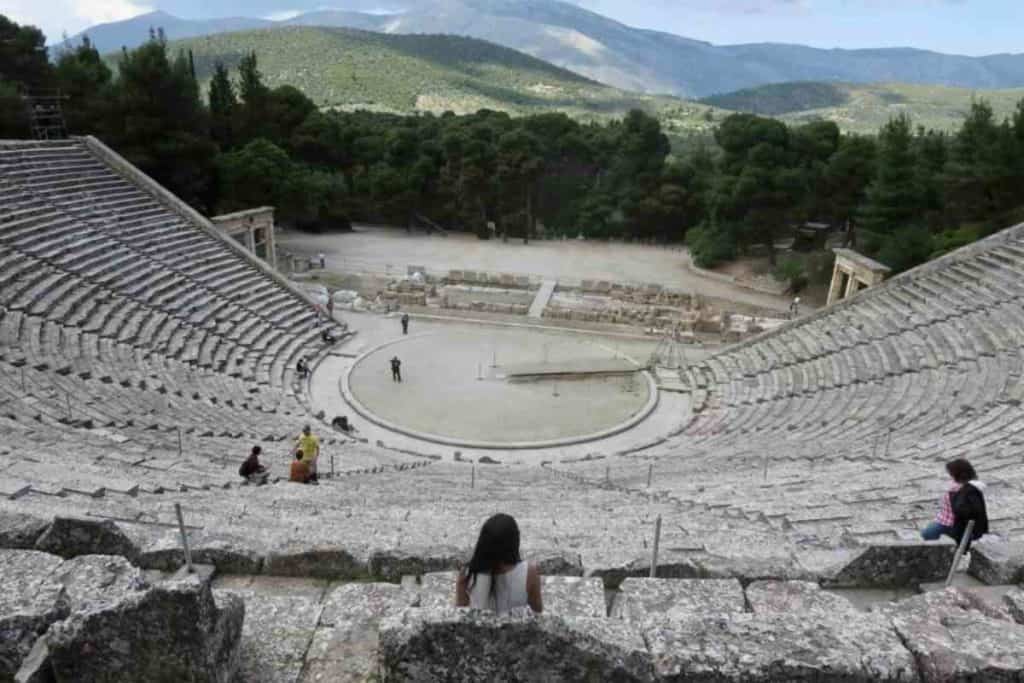
Ni de aquí ni de allá is a phrase I remember hearing most of my life, but never really resonated until after I came back from my study abroad experience in Greece.
The first time I went to Europe was when I studied abroad in Greece. Previous to that experience, all my travels were to Mexico to visit family.
Though visiting Mexico made me start to realize in time that I wasn’t either fully Mexican or fully from the U.S. – being in Europe made me realize that it was an interesting thing to then explain to people.
Reading the article that I am about to share with you on this post made me feel understood on a somewhat uncomfortable question we get often asked when we are traveling as Latinas in the world…” where are you from?” or “where are you really/actually from?”.
So let’s take a look at other Latino’s travel stories, feel connected, and learn how to turn around the discomfort of having someone ask you “where you’re really from” and most importantly, how to embrace the world of duality that comes with being bicultural, and feeling like you’re ni de aquí ni de allá.
Traveling as a Latina: “Where Are You From?” – Ni De Aquí Ni De Allá
What does ni de aquí ni de allá mean? / Que significa ni de aquí ni de allá?

Ni de aquí ni de allá in English literally means neither from here nor there.
It is a common phrase expressed in the Latino community, especially amongst 1st generation U.S. Americans, to describe the sensation of not feeling like you belong in your country of birth.
This may be because you’re the first in your family to experience life in a country that is new to your family and they may not know how to navigate it because they’re also navigating the change of life in a new country themselves.
Perhaps your family was born in one country and migrated to a new country where you were born.
Or maybe you were born in your parent’s homeland, but then moved to a different country as a child.
The sensation that you don’t feel like you belong in the country where you were born because…
- You may not physically look like the majority of people who live there.
- You speak the language with a slight accent or say a few words differently.
- Your family is not like the typical _____________ (fill in the country) family.
- Media representation is minimal or nonexistent.
- Racist and stereotypical comments by the community in which you live.
There is a feeling of “othering” and not feeling included by society no matter how much you tried to assimilate, or didn’t.
And that is the portion that is dealt with at home.
After comes the sensation of feeling like you’re not accepted by the country from which your family is from.
You may even know how to speak the language, grew up in the culture at home with your family, and maintained roots with your culture at home.
However, you will never really *be* _____________ insert name of parent’s home country because you weren’t born there, and didn’t have the experience of someone who was.
Ni de aquí ni de allá – from neither here nor there.
“I have been asked: “If your mother is from Mexico, then you’re not really American, right? Outside of the United States, my second-generation identity is practically invisible, as I rarely reflect people’s perceptions of what “American” looks like or means. Ni de aqui, ni de all – I am neither from here, nor there.“
The Atlantic – Traveling While Latino
Ni de aquí ni de allá origin – who came up with this relatable phrase?

There is a famous movie that may have coined the term, ni de aquí ni de allá, which is called the exact same starring the famous Mexican actress Maria Elena Vasco, the famous India Maria on TV.
The movie follows a Mexican woman migrant who travels to the U.S. for the first time, from her little ranch in Mexico.
It is a comedy created to show the adventures of this very popular Mexican character’s journey to “the north” (el norte), and depict the funny culture shocks, mistakes, and mayhem that comes from figuring it out and in search of the American Dream.
The way that many Mexicans do when they first arrive in the U.S.
A funny version of the events and situations that many migrant Mexicans face when coming, but with a hard fact at the end that is a common side effect of living outside of your family’s homeland, whether you migrate or you were simply born outside.
What is it like to be bicultural in the U.S.?
As people who may identify as those who are bicultural or multicultural, meaning that we grew up with more than 1 set of cultural attitudes, customs, traditions, expectations, foods, languages, and people; traveling and having someone ask us where we are from may be a difficult and problematic question to answer.
Being bicultural and multicultural in the United States is often a difficult thing to navigate and explain to others.
When we travel, it is also a challenge to describe to others our backgrounds and explain the fact that though we were born in the U.S., we grew up and were disciplined in a different language and culture altogether.
As a result of being used to experiencing life in more than one way and language, we oftentimes identify with our heritage before “American” as a way to answer the “where you’re from” question.
Whenever I travel, my go-to response is that I identify as Mexican American, while others could say I am Filipino American or Turkish American.
I know for me, my reasoning as to why I identify as Mexican American is because my Mexican heritage is very important to me, and it has shaped who I am.
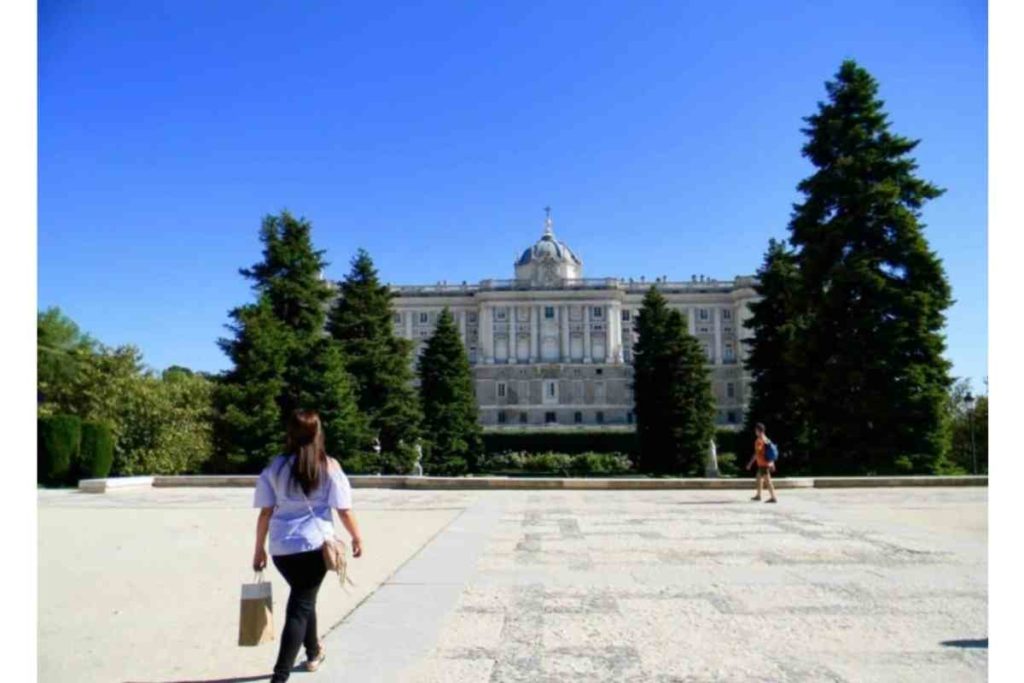
“Though I had lived in the United States my entire life, I never felt entirely at home. Television shows and movies rarely depicted families that looked or acted like my own; my classes in school seldom discussed the background or culture of immigrant families; finding restaurants and stores that sold my family’s traditional food sometimes meant driving to the other side of town. We were minorities, and our values, habits, and even physical appearance were not necessarily what the dominant culture depicted as “American.” And so “American” could never fully encapsulate who I really was.”
The Atlantic – Traveling While Latino
Growing up bicultural, it was hard to see myself be represented in the media unless it was on the news, and for something not seen in a positive light.
Aside from that, the environment in which we live (the United States), where history is taught in favor of one group of people; in a place where learning a new language is seen as good only if it means being able to put it on your resume to become more marketable.
When do we start to appreciate the culture and people also attached to that language?
Maybe being on the move, traveling, and exploring other ways of life is an attractive concept to us; we grow up being multicultural and being exposed to more than one language and ideology, which back home (the United States), our cultures and languages may unfortunately not receive the respect or even representation.
What travel means to people who identify as bicultural
Travel therefore comes naturally to me. Having internatlized the idea of never completely belonging in any single place, I am comfortable with the concepts of movement, adaptability, and change that are so fundamental to my family’s story.
The Atlantic – Traveling While Latino
This passage really resonates with me.
As sons and daughters of immigrants, our families understand what it means to live in movement – to adapt, observe, assimilate, and change. Many of us know what it’s like from either hearing conversation about it, or doing it ourselves.
As I was planning my move to Spain, I remember my parents telling me that they were just surprised at how I was going to leave the country they left their own country for, in search of a better life.
I told them of course that I was thankful for their sacrifice, but that also, in the end, it wasn’t about just making it in one place and settling, but also keep moving and seeing where else I could make it, and be happy with myself.
>> Read More: 5 Interesting Culture Shocks I Didn’t Expect When Moving To Madrid, Spain As A Mexican-American Woman
>> Read More: Gracias Mamá y Papá For The Reality Of Seeing The World
Being born in this country has given me the opportunity to travel, so I was to take advantage of that.
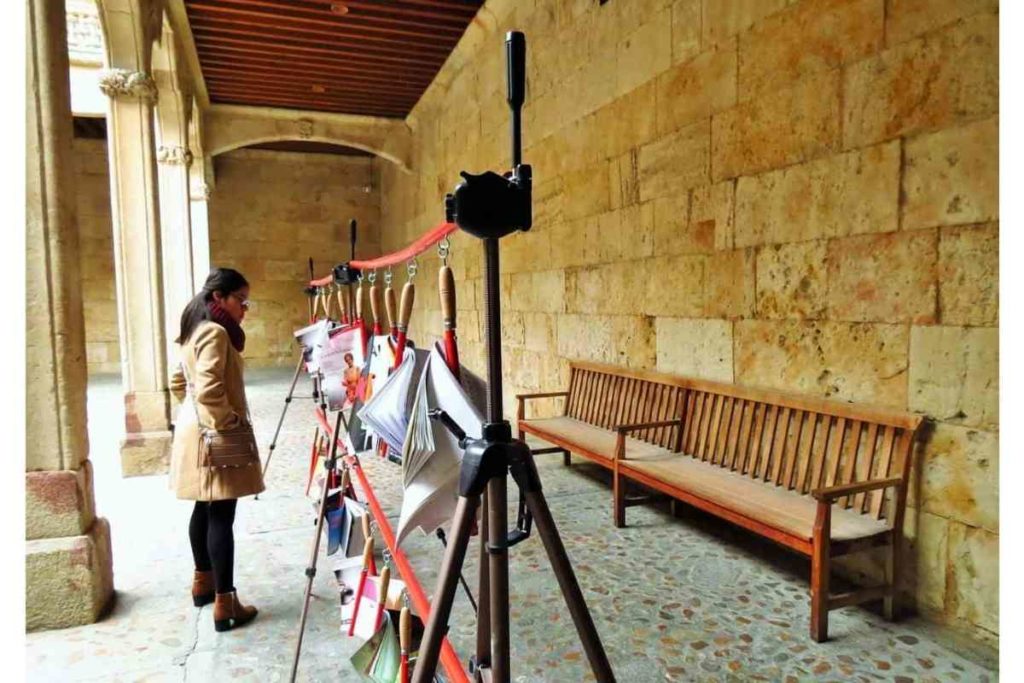
I think that another one of the sections that really made me reflect was the author’s experience with traveling to South America, in order to become more connected to her roots.
>> Read More: 5 Beautiful Reasons To Visit Mexico – Especially If You’re Mexican American
The balancing act of answering the question “where are you from” when traveling – especially to the homeland
“People listened to my family’s music, ate my family’s cuisine, spoke my family’s lanugage, followed my family’s customs. People hugged each other often and didn’t think twice about inviting you over for dinner or drinks.”
The Atlantic – Traveling While Latino
“But ultimately I was not quite at home in Latin America either. My Spanish had a big of an American accent; I preferred American folk music to Latin American rock; and my independence was foreign to many women I met.”
The Atlantic – Traveling While Latino
“They were shocked to hear about my two years living and working in San Francisco: “You lived in an apartment on your own? So far from your family?” Locals began calling me gringita, claiming I had become too Americanized.“
The Atlantic – Traveling While Latino
“And even though we shared a heritage, many people I met in the region didn’t seem to understand what it was like to be in the minority…they didn’t have to defend their culture, or work for it’s equality. Meanwhile, I could only understand my culture though it’s position in the United States; my second-generation identity could not exist anywhere but there. That made me feel more American than anyhting else.”
The Atlantic – Traveling While Latino
And that’s when it hits me when we realize that just like our love for traveling and how engrained the act of moving is in our families and cultures, so will our cultural identities.
We will constantly have to be shifting our explanations, to different people.
Where in the end, we just want to be accepted for who we are, and how to navigate and walk a thin line between our cultures.
I feel that the older I get, the more I let go and stop pretending to act in a way that I feel is acceptable to others.
When I would go to visit my family in Mexico, luego luego I would get identified as “del norte” (from the north) by street vendors, who would then turn up the prices for me because I was from “el norte.”
If I stayed in the States, I constantly felt like I was pushing against my own Mexican heritage (when I was younger) in order to fit in with the majority of white students, and all for what?
To still be identified as the Mexican girl, or the Mexican girl who acts white. So…then who am I? Who are we?
>> Read More: How To Gain a Better Sense of Self Through Travel
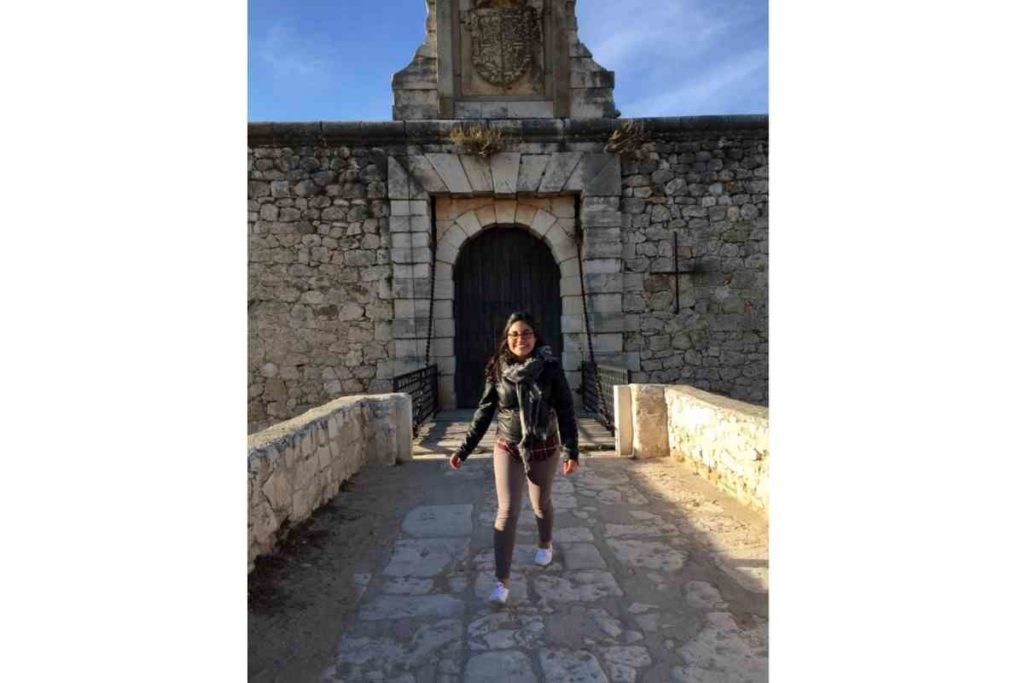
“Traveling is a form of resistance to being defined by only one thing. The ultimate freedom in travel lises in the fluidity in identity that offers, and the opportunity to define who I am for myself. Travel taught me that I didn’t have to pick one place where I could fit.“
The Atlantic – Traveling While Latino
And that, my friends, is another way in which travel can allow us to not only see a variety of different forms of lifestyles but also allow us to not adhere to one specific identity if that is what we wish.
We can be global citizens, citizens that adhere to the world as their home, and not a confined and select region in the world.
Concluding thoughts on Traveling as a Latina: “Where Are You From?” – Ni De Aquí Ni De Allá
Travel is liberating, and there isn’t anything else I can compare it to.
Yes, I am a Latina, specifically Mexican-American. I love to travel – I will let you know this.
And depending on the moment, the circumstances, the people, and our mood quite honestly – it will ultimately determine how we experience these shifting questions that we oftentimes may feel like we can’t answer ourselves – but that is ok.
We don’t owe anyone an explanation, and if anything, it can be a teaching moment for the person asking, and for ourselves.
What do you identify as? How do you present yourself to others who ask this question while traveling?
If you would like to check out this article (where I pulled all these quotes from) in full length, please check it out here.
I hope this post inspired some talk and thought about how travel can push us to uncomfortable questions, that also lead to freeing answers.
Make sure to let me know what you think! Leave me a comment below with your own struggle (or lack thereof) when answering the question of where you’re from when you travel.
I’m curious about what other Latinx have to say on this subject!
Hasta la proxima,

Like It? Pin for later!


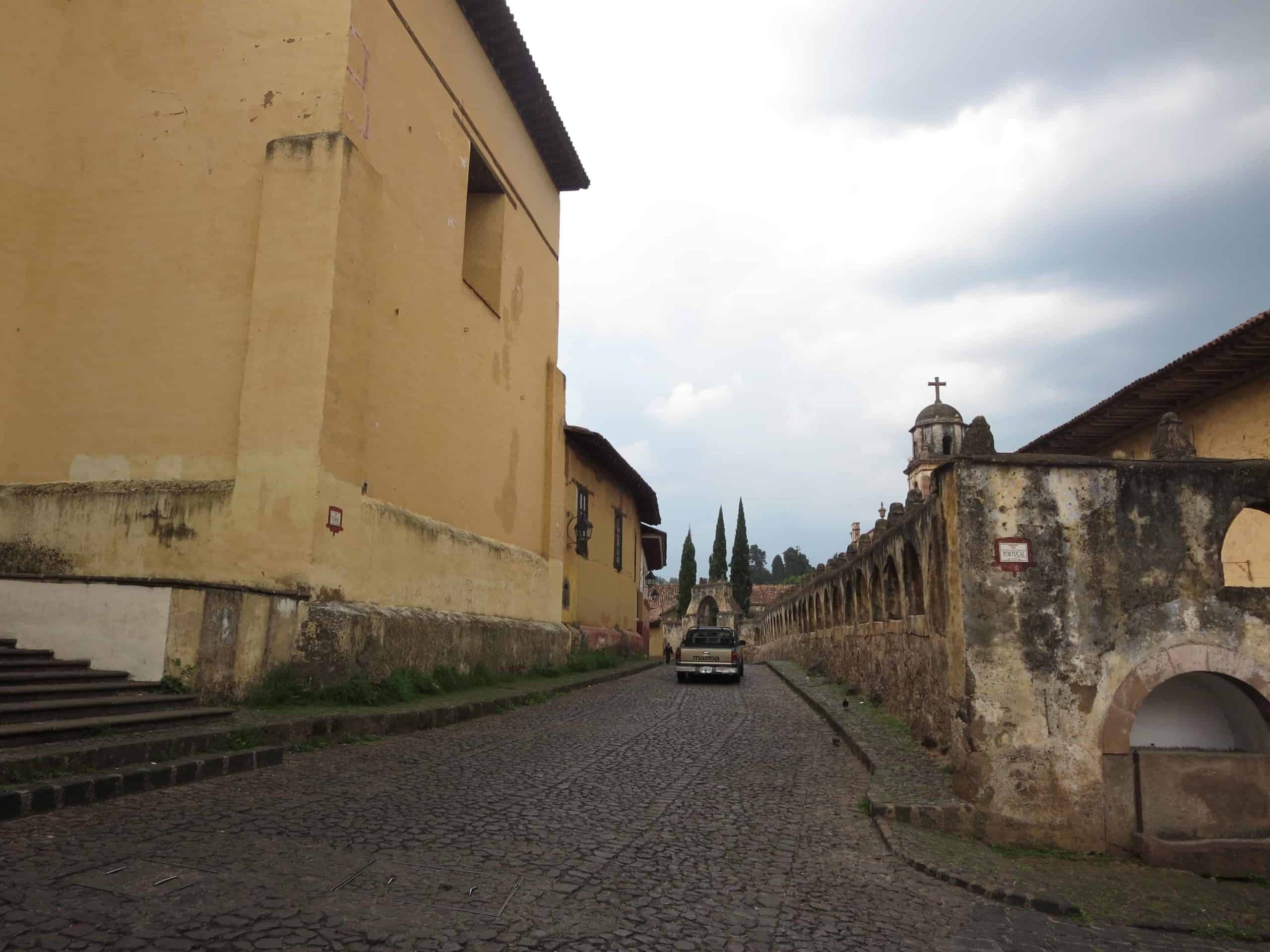

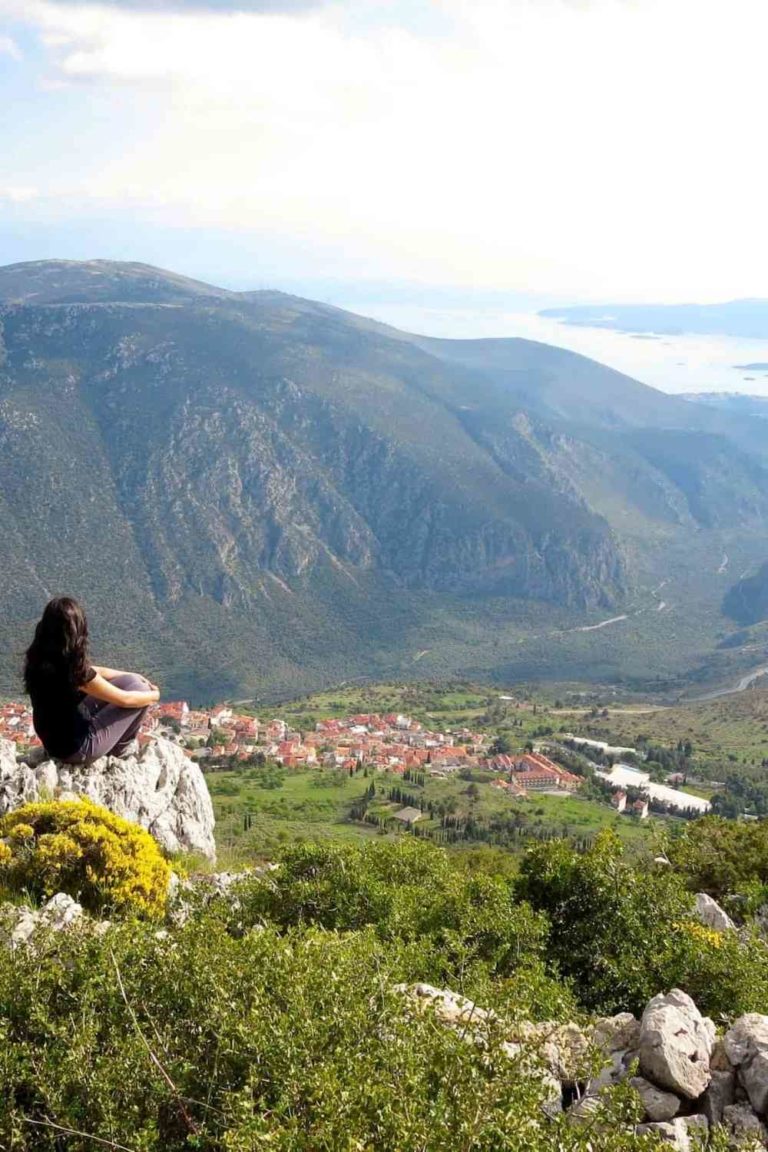
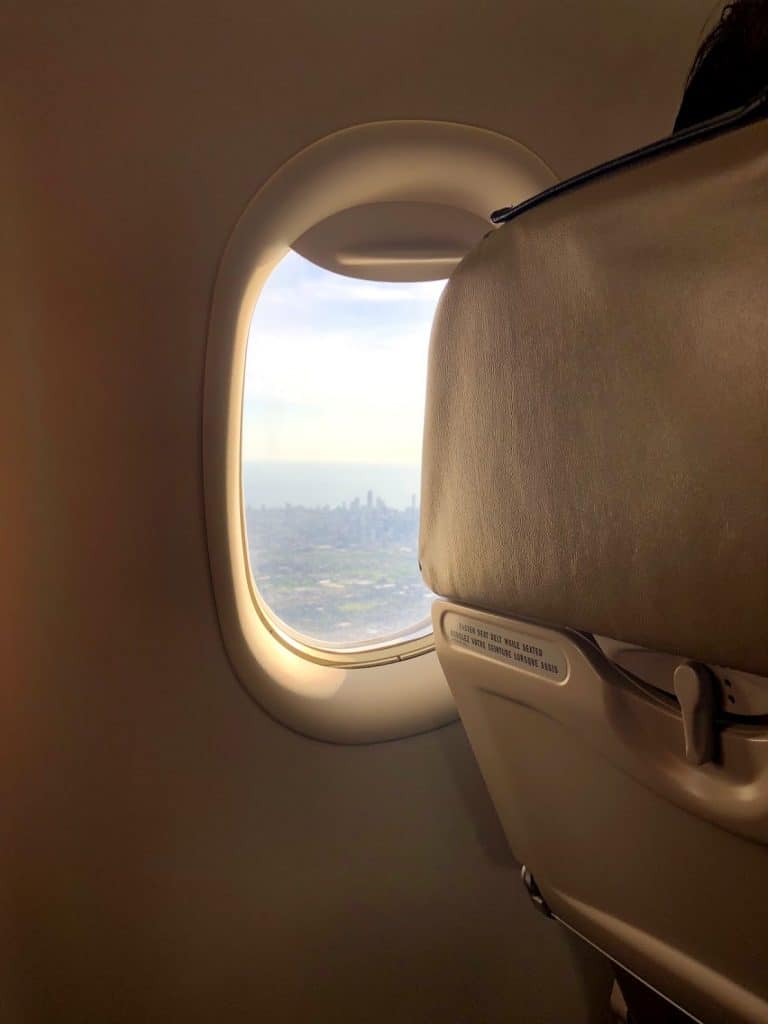




I’m not much of a traveler, only within Texas (my home state) born here to Mexican parents.. and all my life I have met people who want to label me.. Have spent a lot of energy deflecting to finally realize I shouldn’t care! My moms words are ever present in my head, “Cada cabeza es un mundo, déjalos que hablen, ellos no te conocen, yo si.” ❤️
Gracias por tus palabras!
Azucena, gracias a TI! Thank you for sharing that. I love that saying too! So happy to hear how you’ve taken back your power ?
Maritza,
In so many ways you have encapsulated my experience. As a traveler, pocha, multiracial person, soy ni de aquí ni de allá–and I’ve never felt so celebrated before. Gracias, mujer!
Hola Dani! Thank you so much for your comment. I feel very humbled by it. I am so happy to hear that this post has resonated with you, and that it’s has made you feel the way you describe. We do deserve to be seen, heard, and celebrated ❤️
Thank you Amelia!! I appreciate your comment! It’s very nice to hear from those who have similar experiences, so thank you for sharing 🙂
LOVE your blog and LOVE this blog post! I can totally relate. It’s nice to know that there are others that feel the same way 🙂 Nice pics!